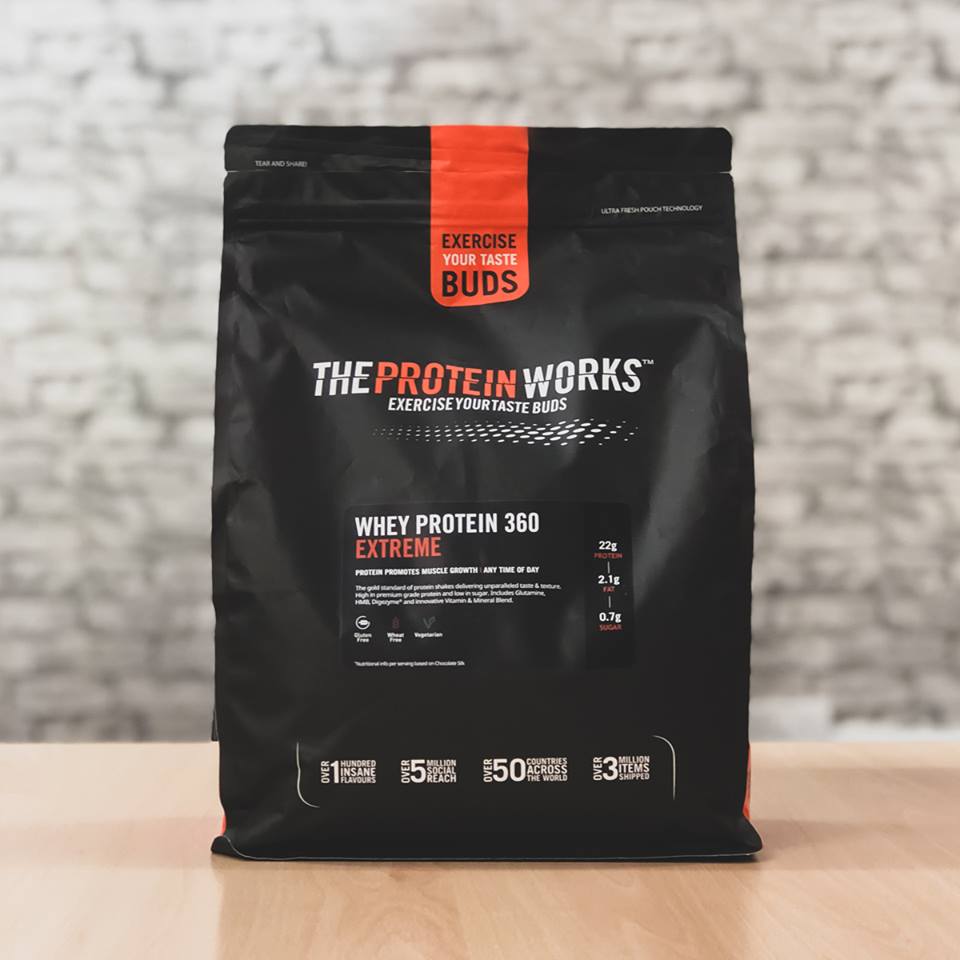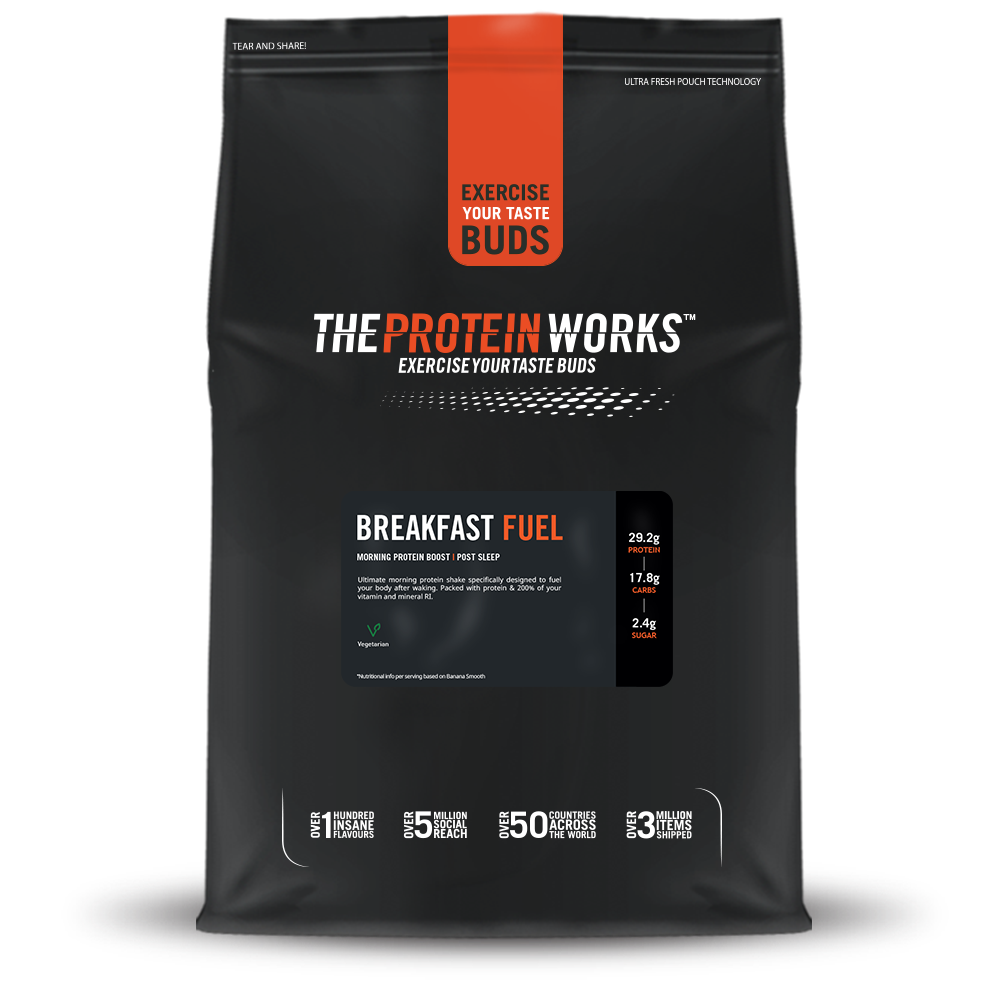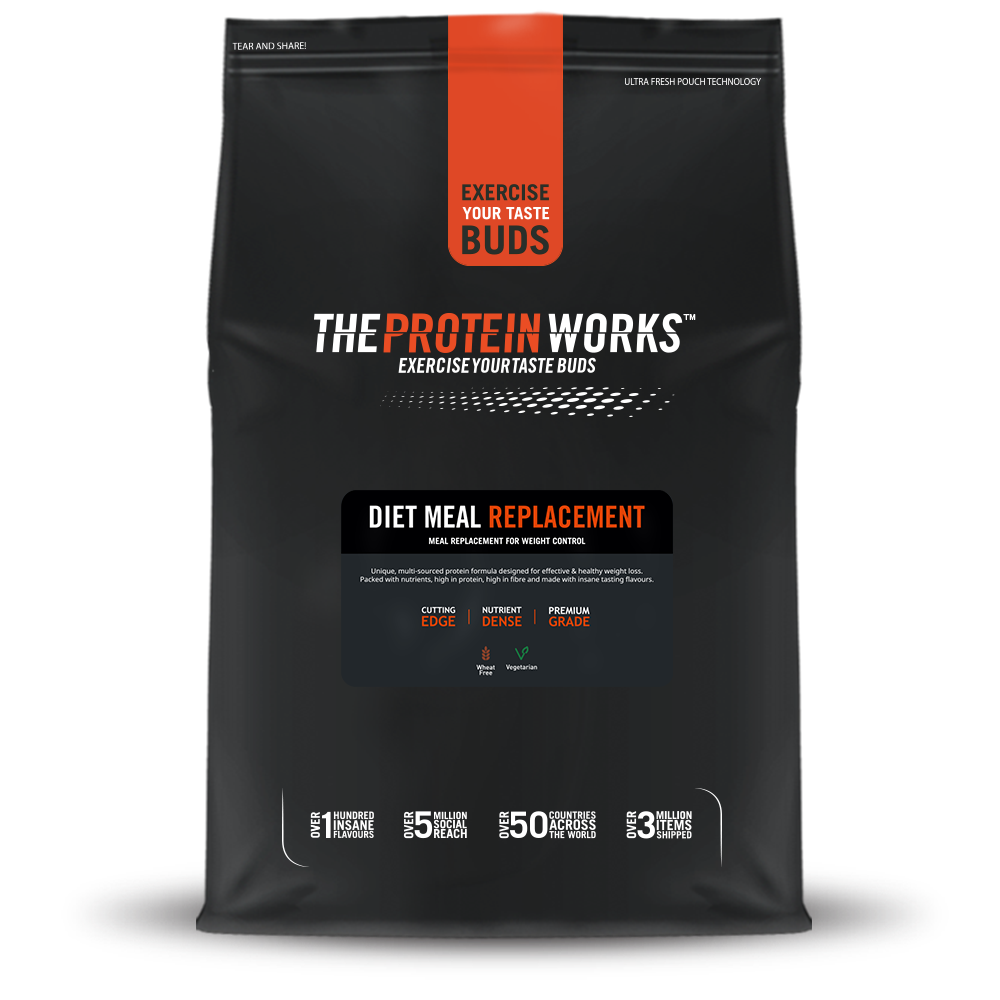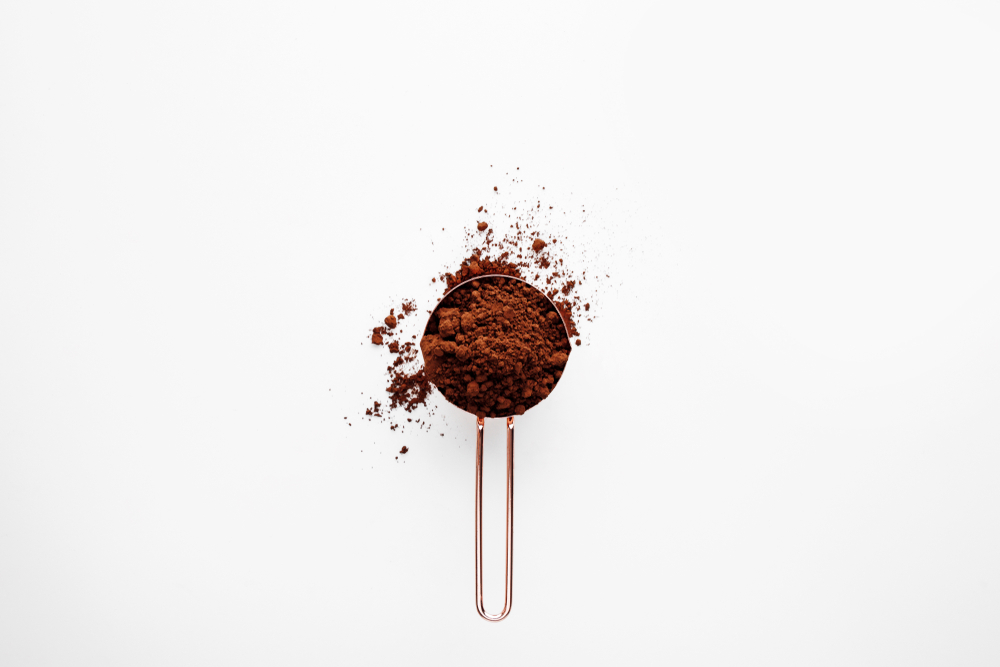It’s recommended to consume between 1-3 protein shakes a day depending on your overall protein consumption through the day. Protein shakes are designed to help boost your protein intake around other food sources rather than being an alternative. Protein shakes can be consumed throughout the day although it is studied to be advantageous to consume one post workout or post-training session to see the maximum results.

How Many Protein Shakes Can I Have A Day?
If you’re into fitness, whether that be wanting to build muscle in the gym, or just wanting to keep fit with the odd jog here and there, then the chances are you’ve come across protein powders and more than likely used them.
They’re available in a host of flavours, all the way up to the end of the spectrum with the likes of salted caramel and cookies and cream, to the best selling chocolate and vanilla.
Some say they’re the gateway to your fitness goals, and chug down one every minute to help build muscle and boost their performance.
Gone are the days of searching for how many calories are in what, it is now ‘how much protein does that have?’. Hitting your protein intake for the day has become part of the fitness lifestyle, with protein shakes becoming a clear winner to help top this up during the day, but how many protein shakes should you have during the day? We investigate below.
How Much Protein Do I Need a Day?
How much protein you need to consume is very much dependant on your size, weight and activity levels. For example, someone who sits around watching tv all day will need significantly less protein than someone hitting the weights for 2 hours a day. This doesn’t mean you shouldn’t consume protein on your off days in front of Netflix, it’s still incredibly important to get this in on your rest days too, but we will go into further detail as to why that is further down.
Before figuring out how much protein you need it’s best to understand your goals. Are you looking to simply maintain muscle mass? Looking to cut the calories and lose weight? Or wanting to bulk up for the winter? This can determine how high or how low you go from the scale.
In the past 30 years research surrounding protein has not only improved but has significantly widened as we look for greater alternatives to maintain a healthy balanced lifestyle.
Initially, it was thought that there was no need to consume any more than the recommended daily allowance (0.6 g/kg/day), however, new research indicates that athletes that engage in intense training may need around two times their daily allowance to maintain a protein balance (Morton et al. 2018). Even those who are just interested in maintaining a healthy lifestyle, recent research indicates having an increased protein intake compared to the RDA is advantageous (Phillips et al. 2016)
Multiple studies such as those performed by Phillips et al. (2016), Witard et al. (2016), Jager et al. (2017) and Tipton et al. (2007), have all conclusive evidence to suggest that optimal protein intake needs to be in the region of 1.2-2.0 g/kg/day, to feel its full benefits.
Recent reports have also indicated that protein intake at one sitting of around 40g is needed in some cases for sufficient protein synthesis (Yang et al. 2012). This 40g dosage is needed to ensure the correct amount of leucine is consumed to stimulate mTor pathways and protein synthesis. With that in mind, its recommended with each meal or shake you consume that you reach 40g of protein each time to ensure your body can stimulate optimal protein synthesis. However, for those who do not partake in exercise the level of leucine needed to stimulate protein synthesis is much lower at around 20g (witard et al. 2014)
How Many Protein Shakes Can I Have a Day?
First things first. Protein shakes should be used and consumed as a ‘supplement’ that is, they should be taken in conjunction with a healthy balanced diet. However, how many you should be consuming is very subjective to your own goals and weight. As stated above it is recommended to have between 1.2-2.0g of protein per kg of body weight per day. If you’re consuming this within meals then there is no need for any protein shakes.
Though, to hit these protein levels as well as hitting other macronutrients such as fat and carbohydrates and calories it would be incredibly difficult without the help of protein shakes. Protein shakes allow you to take have a large amount of protein, with very few calories, carbs and fats (depending on which you go for) helping to reach your target for the day.
Those who partake in exercise and consume protein shakes on the regular tend to have between 1-2 shakes a day. This is often split out through the day, ensuring one is taking post workout to give your body an instant hit of protein right after training. It’s important that you check the nutritional information of the shake you consume, as there can be some hidden added sugars and carbohydrates that you may want to be avoiding.
You can never have ‘too much’ protein if, for example, you consume more than what is needed your body will simply just get rid (we won’t go into detail about that but we think you understand what we mean). It’s important to understand that, although protein shakes are an incredibly healthy way of hitting your protein targets, that you should not substitute them for getting protein in other ways. As for example if gaining them through sources of food you’re also gaining other vitamins, minerals and nutrients too.
Like we said, how many protein shakes is really dependant on how much protein you need and how much protein you consume from other sources. Though if not getting enough protein, we recommend 1-3 shakes a day, with the key one being directly after working out. Take a look below at how we would split it up.
Shake 1 – Breakfast.
Consume your first shake at breakfast. Not only will it help you feel full through the morning and stop you from heading to the snack cupboard but during sleep your body is deprived of amino acids and protein causing it to go into a catabolic state. What this means is your body starts to make use of its muscle and fat as a source of energy.
Shake 2 – Lunchtime
By the time its got to lunch you’re craving some sweet and your tummy is rumbling, not to mention your body is now craving some amino acids too. Have a shake with your lunch to help replenish your bodies amino acids and help curb any cravings. Or if you don’t have enough time to get out on your break for a meal deal, it’s recommended to go for a meal replacement shake here, that provides your body with importnat vitamins and minerals.
Shake 3 – Postworkout
Probably the most important time to get your protein hit. After an intense workout, your body needs to start repairing its muscles to avoid injury, it does this with the help of protein. Post-workout is said to be the optimal absorption time for your body due to it needing certain nutrients.
References
Morton RW, Murphy KT, Mckellar SR, Schoenfeld BJ, Henselmans M, Helms E, Aragon AA, Devries MC, Banfield L, Krieger JW, Phillips SM. A systematic review, meta-analysis and meta-regression of the effect of protein supplementation on resistance training-induced gains in muscle mass and strength in healthy adults. Br J Sports Med. 2018;52(6):376–84
Phillips SM, Chevalier S, Leidy HJ. Protein “requirements” beyond the rda: implications for optimizing health. Appl Physiol Nutr Metab. 2016;41(5):565–72
Witard OC, Wardle SL, Macnaughton LS, Hodgson AB, Tipton KD. Protein considerations for optimising skeletal muscle mass in healthy young and older adults. Nutrients. 2016;8:181
Jager R, Kerksick CM, Campbell BI, Cribb PJ, Wells SD, Skwiat TM, Purpura M, Ziegenfuss TN, Ferrando AA, Arent SM, Smith-Ryan AE, Stout JR, Arciero PJ, Ormsbee MJ, Taylor LW, Wilborn CD, Kalman DS, Kreider RB, Willoughby DS, Hoffman JR, Krzykowski JL, Antonio J. International society of sports nutrition position stand: protein and exercise. J Int Soc Sports Nutr. 2017;14:20
Tipton KD, Witard OC. Protein requirements and recommendations for athletes: relevance of ivory tower arguments for practical recommendations. Clin Sports Med. 2007;26(1):17–36.
Yang Y, Breen L, Burd NA, Hector AJ, Churchward-Venne TA, Josse AR, Tarnopolsky MA, Phillips SM. Resistance exercise enhances myofibrillar protein synthesis with graded intakes of whey protein in older men. Br J Nutr. 2012;108(10):1780–8.
Phillips SM, Chevalier S, Leidy HJ. Protein “requirements” beyond the rda: implications for optimizing health. Appl Physiol Nutr Metab. 2016;41(5):565–72
Phillips SM, Van Loon LJC. Dietary protein for athletes: from requirements to optimum adaptation. J Sports Sci. 2011;29(Suppl 1):S29–38.
Tipton KD. Nutritional support for exercise-induced injuries. Sports Med. 2015;45(Suppl 1):S93–104.
Witard OC, Jackman SR, Breen L, Smith K, Selby A, Tipton KD. Myofibrillar muscle protein synthesis rates subsequent to a meal in response to increasing doses of whey protein at rest and after resistance exercise. Am J Clin Nutr. 2014;99(1):86–95









No Comments yet!